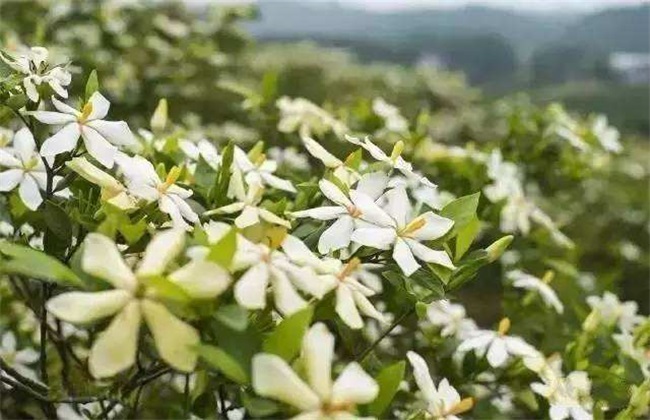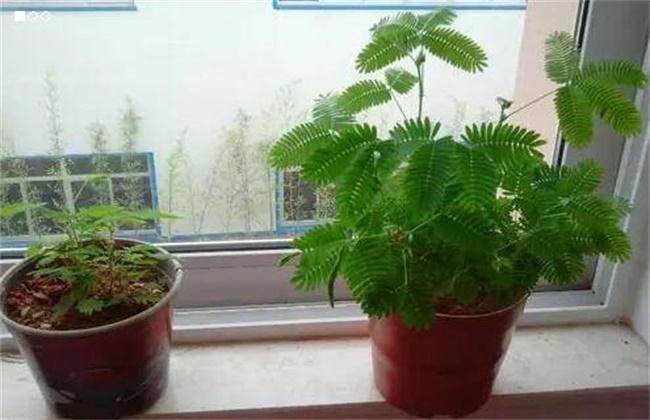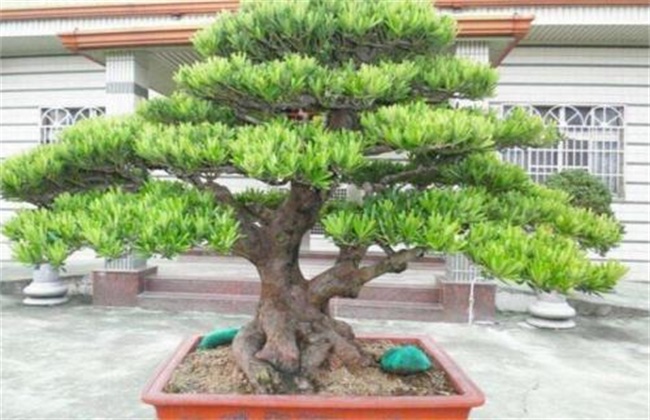Culture methods and matters needing attention of Gardenia jasminoides
Gardenia is a very common flower in our daily life, which has a very high ornamental value and a faint fragrance. And gardenia root leaves and fruits can be used in medicine, with heat-clearing and detoxification, cooling blood to remove heat and other effects. Now the culture area of gardenia is relatively large, so how to cultivate it? The following editor brings you the breeding methods and matters needing attention of gardenia, let's have a look!

1. Soil selection
The soil suitable for the growth of Gardenia jasminoides should choose slightly acidic soil, which will reduce the survival rate of Gardenia jasminoides and affect the culture benefit. Therefore, when we choose soil, the soil pH should be controlled at about 4.5-6.0. Then ensure that the soil has good drainage and irrigation, sufficient fertility and soft and transparent. After selecting the soil, we should pay attention to proper soil preparation, and then apply base fertilizer to create a high-quality environment for the growth of gardenia.
2. Temperature control
When planting gardenia, we should adjust the temperature reasonably according to the growth of gardenia. In general, the optimum temperature for gardenia growth should be about 17 degrees. Too high and too low temperature will have a great impact on the growth of gardenia. If it is too high, it will affect the respiration of gardenia, reduce the flowering rate, and affect the ornamental value. If it is too low, it will easily lead to gardenia entering dormancy period, frost injury and other adverse phenomena. Therefore, in summer and winter, measures must be taken to cool down and keep warm.
3. Water management
Gardenia likes to grow in a warm and moist environment, so when we plant, we must pay attention to maintain the soil water content and air humidity. During the growing period of Gardenia jasminoides, the amount of water should be properly increased to meet the water demand of gardenia flower growth. Spray water to the leaves properly when watering, which can also improve the relative humidity of poisonous geese in the air. After entering the winter, it is necessary to appropriately reduce the amount of water to avoid frostbite or root rot.
4. Scientific fertilization
The growth of gardenia has a large demand for nutrition, so we should apply fertilizer reasonably during the growing period in order to promote the growth of gardenia. After entering the peak growth period of gardenia, bean cake, peanut bran and other fertilizers should be applied once in about two weeks, which can not only improve the flowering rate, but also improve the ornamental value. But should pay attention not to apply raw fertilizer, thick fertilizer, gardenia dormancy should not be topdressing, otherwise there will be root burning phenomenon. Then control the proportion of nitrogen fertilizer application, too much application will reduce the flowering rate.
5. Points for attention
Culture gardenia should be careful not to let gardenia in the sun exposure, but can not let gardenia in the all-overcast environment, to provide about 60% of the light. Therefore, in the environment of high temperature and strong light in summer, gardenia greenhouse should pay attention to shading work to ensure the healthy growth of gardenia. Then we should pay attention to do a good pruning work, gardenia branches and leaves are more luxuriant, easy to overlap, reduce permeability, so it should be pruned properly.
The above is a brief introduction of gardenia culture methods and matters needing attention. The culture method of Gardenia jasminoides is relatively simple, but we should also pay attention to do some basic management work in order to improve the flowering rate and expand the efficiency of culture. That's all for today's introduction. This article is for reference only. I hope it can be helpful to all of you.
Related
- Fuxing push coffee new agricultural production and marketing class: lack of small-scale processing plants
- Jujube rice field leisure farm deep ploughing Yilan for five years to create a space for organic food and play
- Nongyu Farm-A trial of organic papaya for brave women with advanced technology
- Four points for attention in the prevention and control of diseases and insect pests of edible fungi
- How to add nutrient solution to Edible Fungi
- Is there any good way to control edible fungus mites?
- Open Inoculation Technology of Edible Fungi
- Is there any clever way to use fertilizer for edible fungus in winter?
- What agents are used to kill the pathogens of edible fungi in the mushroom shed?
- Rapid drying of Edible Fungi



